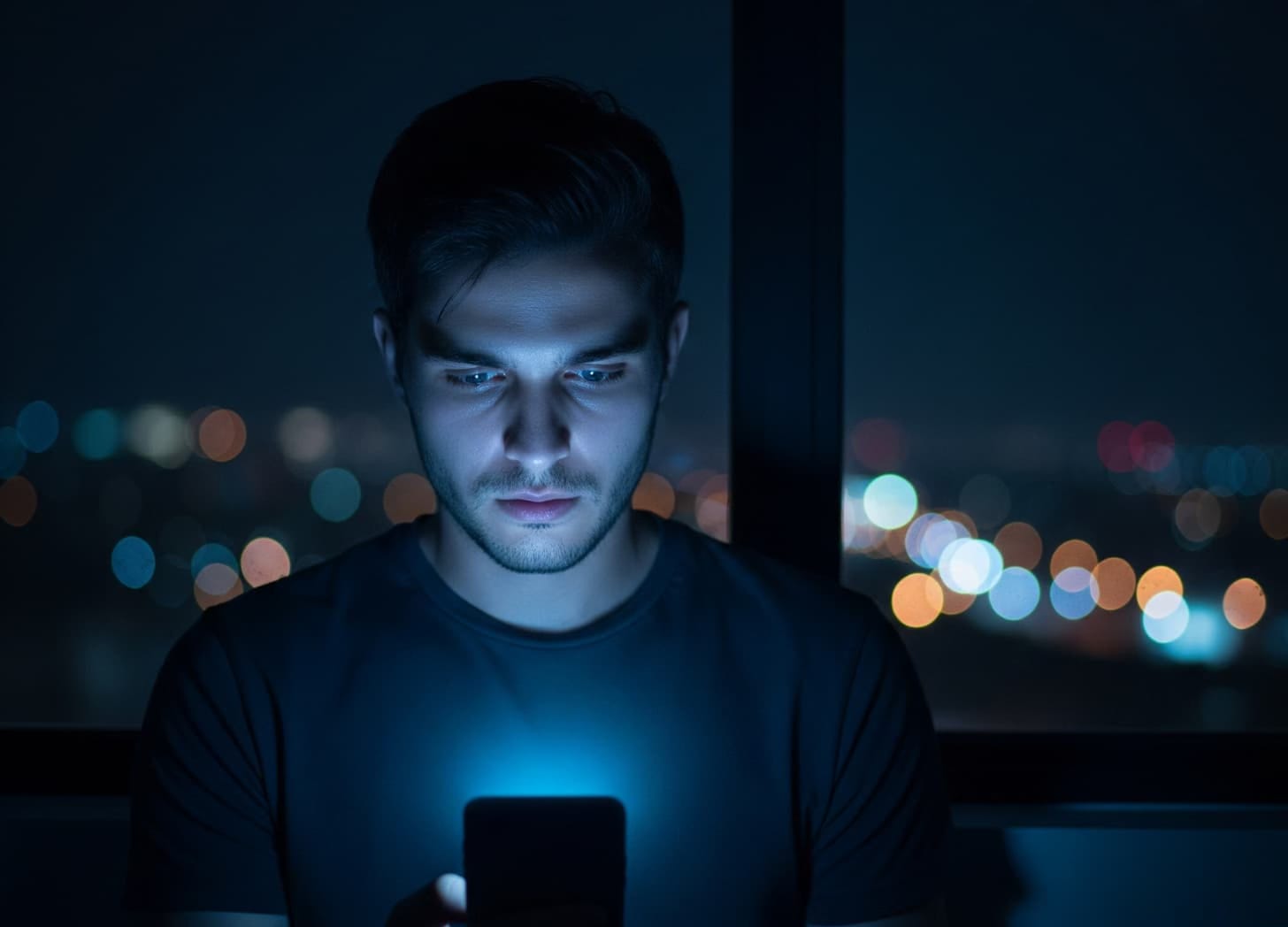The Five Faces of Gay Loneliness
From midnight swipes to quiet beds, here's why gay men feel disconnected
The notification arrives at 11:47 PM. Another face, another body, another "hey." You're three drinks deep into a Wednesday that refused to end quietly, thumb moving across the screen with the mechanical precision of someone sorting mail. Hot or not. Yes or pass. Keep or discard.
We call it dating. But it's really advanced loneliness training.
Here's what nobody tells you about gay loneliness in 2025. It's not about being alone. It's about being surrounded by thousands of men just like you and discovering that proximity doesn't cure the ache. It makes it sharper. More precise. Like knowing exactly how far away warmth is but never quite reaching it.
The research confirms what we live every day. Gay men experience loneliness at rates that dwarf straight men's numbers. But the studies miss the texture of it. They can't measure the weight of swiping through faces at midnight, the hollow echo of another conversation that dies after…



